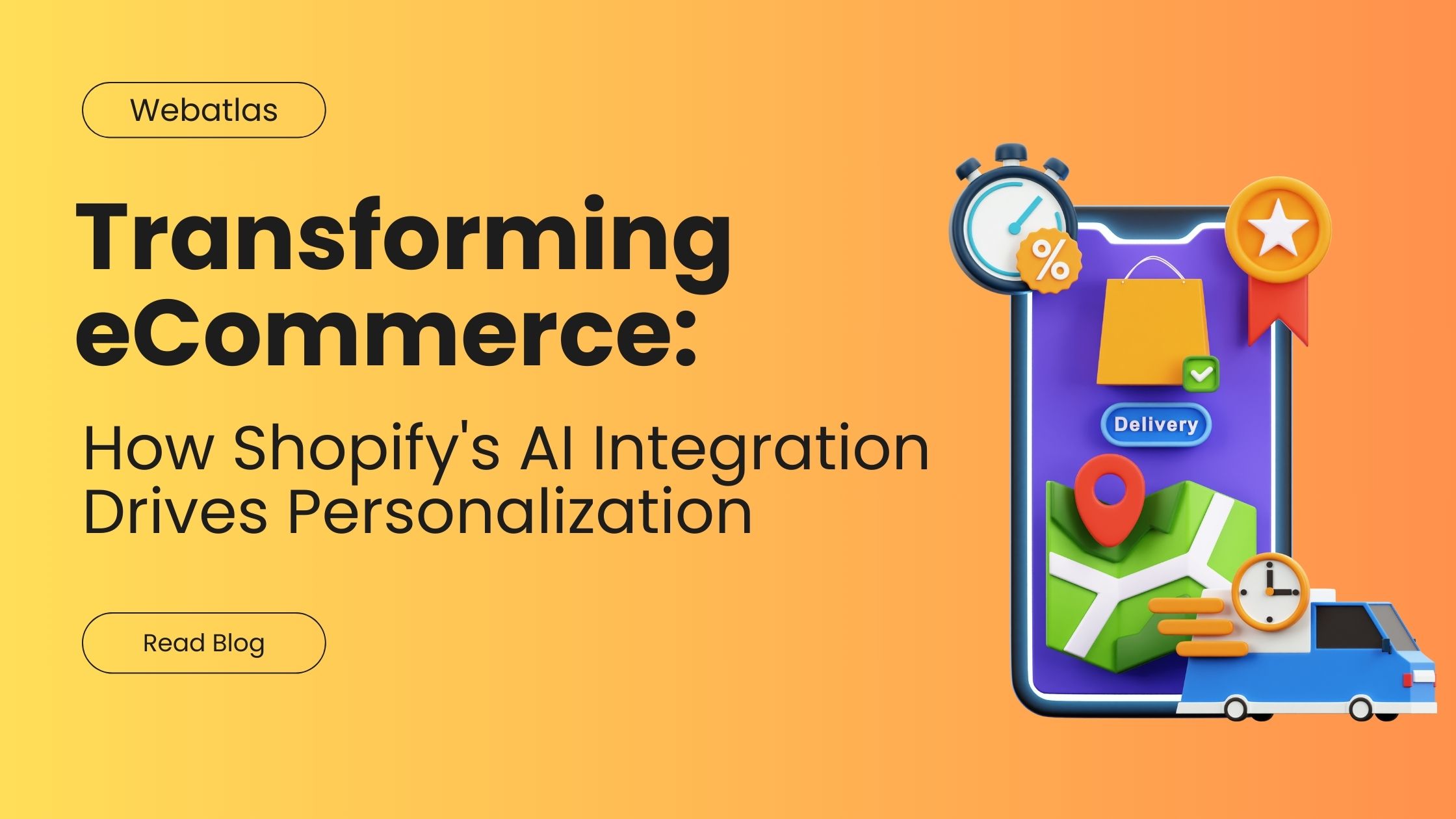Security Testing: Shielding Your Software from Digital Threats in 2024-25

In today’s hyper-connected world, software applications form the backbone of nearly every business operation. They store sensitive data, power critical transactions, and connect us to essential services. However, with this growing reliance comes a heightened vulnerability – the constant threat of cyberattacks.
Malicious actors are constantly devising new ways to exploit weaknesses in software, potentially leading to data breaches, financial losses, and reputational damage. This is where security testing comes in – a proactive approach to identify and address these vulnerabilities before they can be weaponized.
Why is Security Testing Crucial for Modern Software?
Gone are the days when security testing was an afterthought. In today’s digital landscape, it’s an essential part of the software development lifecycle (SDLC). Here’s why:
- Evolving Threat Landscape: Cybercriminals are constantly refining their tactics. New vulnerabilities are discovered regularly, and existing ones are continuously exploited in new ways. Security testing helps stay ahead of the curve by proactively identifying these weaknesses.
- Protecting Sensitive Data: Software applications often store a wealth of sensitive information, from financial records and customer data to intellectual property. Security testing ensures this data is protected from unauthorized access, theft, or manipulation.
- Compliance Requirements: Many industries have strict data security regulations that companies must adhere to. Security testing helps ensure software applications comply with these regulations, avoiding hefty fines and legal repercussions.
- Building User Trust: Security breaches can erode user trust in a company and its products. By demonstrating a commitment to security testing, you build trust and confidence with your users.
- Reduced Development Costs: Fixing vulnerabilities early in the development process is significantly cheaper than patching them after a product launch. Security testing helps identify and address issues before they become costly problems.
Also Read- How Contract Software Testers Can Improve Your Budget
Types of Security Testing: Finding the Right Approach
Security testing is a multifaceted discipline, encompassing various techniques to assess software vulnerabilities. Here are some of the most common types:
- Static Application Security Testing (SAST): This approach analyzes source code to identify potential security flaws without executing the program. It’s a great way to catch vulnerabilities early in the development phase.
- Dynamic Application Security Testing (DAST): DAST involves running the application with various inputs to simulate real-world attacks. This helps identify runtime vulnerabilities that SAST might miss.
- Penetration Testing (Pen Testing): Pen testing involves ethical hackers simulating real-world attacks on your software to identify exploitable weaknesses. It provides a comprehensive assessment of your application’s security posture.
- Security Scanning: Automated tools scan your application for known vulnerabilities in libraries, frameworks, and configurations. This helps identify common security misconfigurations quickly.
- API Security Testing: APIs are the backbone of modern web applications. API security testing focuses on identifying and addressing vulnerabilities in APIs to ensure secure data exchange.
Webatlas: Your Trusted Partner for Comprehensive Security Testing
Webatlas has a trusted name in providing Software testing services we understand the critical role security testing plays in safeguarding your software. Our team of experienced security professionals possesses a deep understanding of industry best practices and cutting-edge security tools. We offer a comprehensive suite of security testing services tailored to your specific needs:
- Threat Modeling: Our experts will work with you to identify potential threats and attack vectors for your software, helping you prioritize your security testing efforts.
- Vulnerability Assessment & Penetration Testing: We conduct thorough vulnerability assessments to identify weaknesses in your software and follow up with targeted penetration testing to exploit these vulnerabilities and understand their potential impact.
- Security Code Review: Our team will meticulously review your code for common security flaws and coding practices that could lead to vulnerabilities.
- Security Scanning: We leverage advanced security scanning tools to identify known vulnerabilities in your application components and configurations.
- API Security Testing: Our specialists will rigorously test your APIs for weaknesses, ensuring secure data exchange between your application and other systems.
We don’t just identify vulnerabilities; we also work closely with your development team to provide actionable remediation plans and guidance on implementing secure coding practices. This ensures long-term security for your software and empowers your developers to build security into the software development lifecycle from the very beginning.
Beyond Security Testing: Building a Culture of Security
Security testing is a powerful tool, but it’s just one piece of the puzzle. A robust security posture requires a holistic approach that permeates your entire organization. Here are some additional steps you can take:
- Security Awareness Training: Educate your employees about cybersecurity best practices to minimize the risk of human error.
- Regular Patch Management: Maintain up-to-date software and applications to eliminate known vulnerabilities promptly.
- Incident Response Planning: Develop a plan for how to respond to a security incident effectively, minimizing damage and downtime.
Must Read-Different Types of Software Testing and When to Use Them
Building a Secure Development Lifecycle (SDLC) with Webatlas
Webatlas can be your one-stop shop for building a secure development lifecycle (SDLC) that integrates security testing seamlessly throughout the development process. Here’s how we can help:
- Security Champions: We can assign dedicated security champions to your project who will collaborate with developers throughout the SDLC, fostering a culture of security awareness and best practices.
- Shift Left Testing: We advocate for “Shift Left Testing,” where security testing begins early in the development cycle, identifying and addressing vulnerabilities early to minimize rework and ensure cost-effectiveness.
- DevSecOps Integration: We believe in integrating security testing seamlessly with your DevOps processes. We can help you set up automated security testing tools that provide continuous feedback throughout the development pipeline.
- Compliance Expertise: Our team has experience navigating various industry regulations and compliance requirements. We can help ensure your software adheres to relevant security standards, such as PCI DSS, HIPAA, and GDPR.
The Webatlas Advantage: Why Choose Us for Your Security Testing Needs
At Webatlas, we differentiate ourselves by offering several key advantages:
- Experienced Team: Our security testing team consists of highly qualified professionals with proven expertise in identifying and mitigating vulnerabilities.
- Technology Agnostic: We can work effectively with any programming language, framework, or technology stack you’re using.
- Scalable Solutions: Our security testing solutions are designed to scale with your needs, whether you’re a small startup or a large enterprise.
- Data Security: We understand the sensitivity of your data and take data security very seriously. We employ robust security measures to protect your information throughout the testing process.
- Focus on Business Impact: We go beyond simply identifying vulnerabilities. We help you understand the business impact of each finding and prioritize remediation efforts accordingly.
- Collaborative Approach: We believe in building strong partnerships with our clients. We work collaboratively with your team to ensure a smooth and efficient security testing process.
Conclusion: Invest in Security Testing for a Secure Future
Security testing is not an expense; it’s an investment in the future of your software and your business. By proactively identifying and addressing vulnerabilities, you can safeguard your sensitive data, protect your users, and maintain a competitive edge.
Partnering with a reliable security testing provider like Webatlas can help you build robust software applications that are resilient against evolving cyber threats. Contact Webatlas today to discuss your specific needs and learn how we can help you achieve your security goals.
Recent Post
Let's talk about your project, or just come and say hello!
Webatlas Technologies is the fastest growing web and mobile app development company



